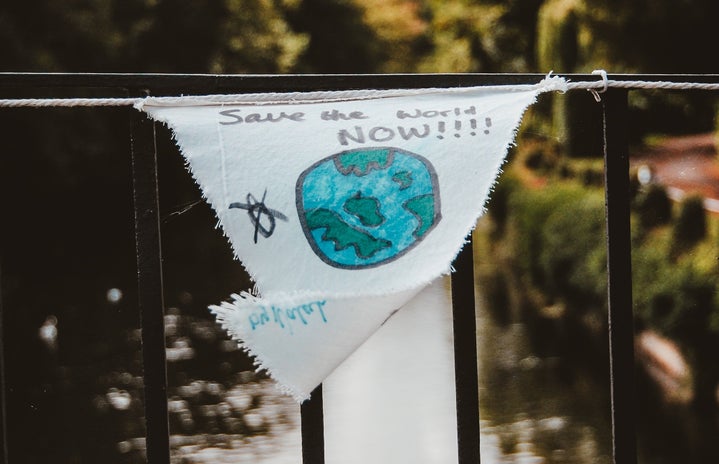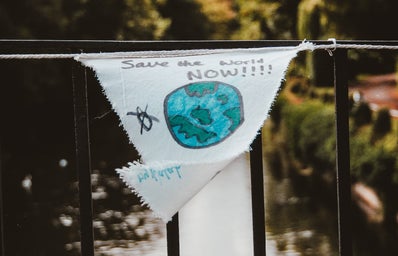In light of the recent March for our Lives, I naturally and often reflect on how I felt in the aftermath of the now-famous crisis in Parkland, Florida.
via: March for our Lives
Up until I heard about it, I had felt what everyone else had, upon hearing the news of another mass shooting: heartbreak for the victims and their close ones, secondhand horror at how it unfolded, and a conflicted frustration at what we as Americans think we can change, vs. what we have actually changed. But this time, I felt a new gravitas.
via: USA Today
This significance struck me when I read about one of the victims, Nicholas Dworet. He had gone from average performances on his high school swim team, to gaining a swimming scholarship to college, to posting ‘2020 Tokyo’ on his screensaver, in order to remind himself of his goal to swim as an Olympian. As so many people have said, he had his entire life ahead of him: it sunk in that the poignancy of his loss could be more broadly applied to not just the victims of the Parkland, but to everyone else, who has lost their lives to senseless incidents like mass shootings.
Related: What Comes After the March
My new frustration persisted for days beyond Valentine’s. The burgeoning activism could not uplift me, because I could not get over the sheer number of people who have passed to such apparent meaninglessness.
via: Huffington Post
But my feelings have guided me to new thinking: it’s unacceptable that people can so easily buy assault rifles in this country. And it is especially problematic that some have considered “shooting up” schools since the Parkland massacre. In my view, weapons as lethal as the AR-15 should be swept off the market, as a very baseline. While people assert their right to self-defense, one does not need something like an AR to maintain it. The problem with these guns is their physical impact. While the bullet of a handgun is only fatal if it touches the heart or an aorta, the use of assault rifles does not require such precision, because their damage extends much farther beyond their wounds.
Related: The Best Signs from the March for our Lives
I think we will have to do far more than ban assault rifles, before we arrive at a place that our country can accept. However, I am convinced that making them inaccessible will make a sizable difference.
Related: The New Snapchat
Weeks ago, I was watching a speech by Emma Gonzales, a shooting survivor, when I took note of one of her remarks: people were talking about gun control, as they were hiding in closets from the shooter. This reminded me of something I had picked up in a recent Buddhist discussion group: psychological discomfort is proven to benefit those who rely on it to persevere, not those who see it as a limitation. The conjunction of Gonzales’s words and that reminder gave me a resolution: I would act upon the unresolved question of how we compensate for what we have lost. For one, I will be marching for our lives at D.C on April 20. I might never arrive at a resolution, but perhaps I don’t have to.

